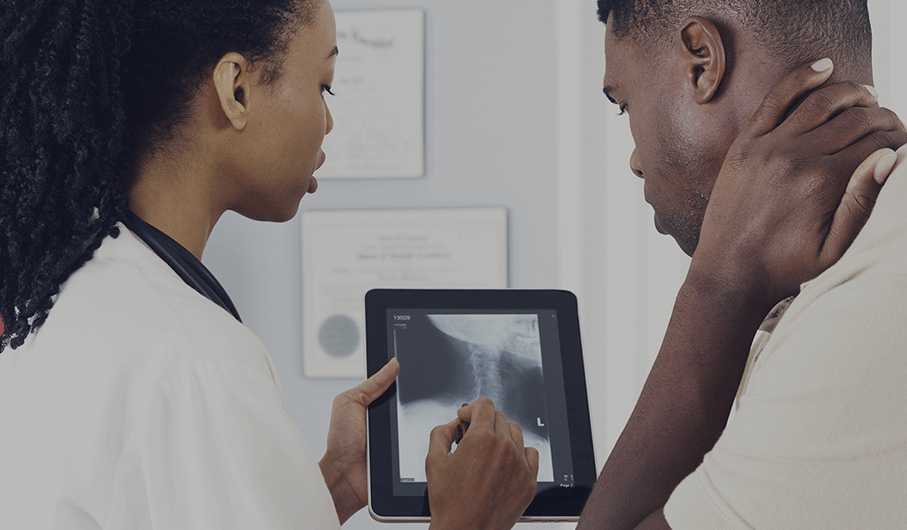It is important to know your own body so you can recognise any potential changes that may be indicative of cancer, such as lumps or unexplained bleeding, and to get advice about whether they might be serious.
It is important to regularly examine your whole body, including:

Many screening tests for various cancers, like mammograms and prostate-specific antigen (PSA) testing, do not actually prevent cancer – they just catch it at a very early stage, when it is easier to treat. Other tests, like Pap smear tests, HPV tests, and colonoscopies, can help detect precancerous changes that, if left untreated, can turn into cervical cancer, head-and-neck cancers, or colorectal cancer.
There are many confusing messages about what screening tests different people should use, and when. Instead of trying to figure it out on one’s own, talk to a doctor about individual situations.
Below is a guideline for screening, but discuss the preventive screenings you must go for with your GP.
Women should be vigilant about screening:
Men also have specific health concerns to watch for:
Both men and women should consider:
Diagnosing cancer (or any illness or condition) is a difficult, time-consuming and often expensive process. It often requires various healthcare workers to get the correct diagnoses (like a GP, oncologist, radiologist, pathologist or surgeon).
People are always looking for more cost-effective ways to get a proper diagnoses. With the advancement in technology, many apps that claim to assist in diagnosing conditions have seen the light.
As a basic rule, it is always safest to speak to your doctor who will refer you to the best healthcare professional, for example, a breast cancer surgeon or an oncologist. There are, however, new apps that can help you with more information or that can connect you to a healthcare professional. You can for example, use an app where you talk to healthcare workers and describe your symptoms to them and not one where you type in a list of symptoms or select them from a list. Apps which just give you a list of symptoms, are not dependable.
Discovery Health Medical Scheme members have access to certain screening tests from their medical scheme benefits
We think that going for screening tests is so important that Discovery Health’s Screening and Prevention Benefit pays for many of the screenings you may need. Preventive screening is important in making sure you detect medical conditions early and we can ensure the best care for you. The Screening and Prevention Benefit covers preventive tests, screenings and a seasonal flu vaccination (for members registered for certain chronic conditions and members over the age of 65) on all Discovery Health Medical Scheme Plans. Having these specific tests (up to the specified number) does not affect your day-to-day benefits and you should not have any out-of-pocket expenses.
If you are a Vitality member, you will also get points for some screening tests which can improve your Vitality status.
Visit www.discovery.co.za/portal/medical-aid/screening-and-prevention-cover for more information.
Try out the Vitality calculator to show you how every time you take a step to understand and improve your health, you can earn Vitality points and enjoy great rewards. The healthier you get, the more Vitality points you earn and the more you get rewarded.
Get Started